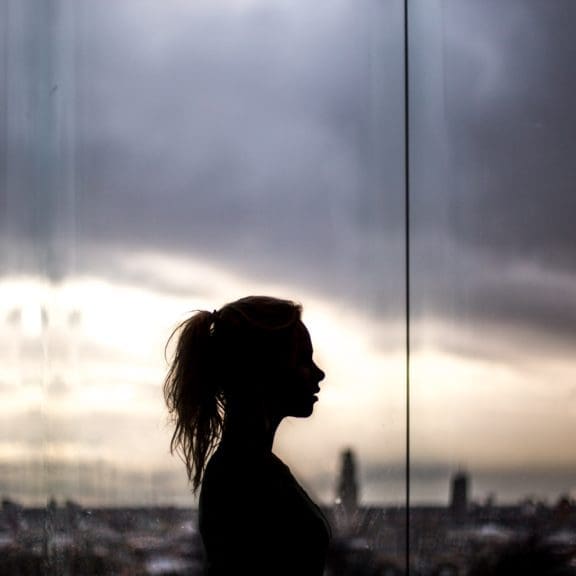Christina*, 50, reported her abuser and took him to court four years ago. She and her two children are safe now, but it was a long journey to get where they are today.
She says: “One of the hardest parts was trying to explain, to police, an isolated incident that was one part of 23 years of domestic abuse. How can 23 years of being abused, in every way imaginable, be summed up by one incident? It’s impossible to explain.”
Christina says the support she received from the specialist criminal justice independent domestic violence advisor (IDVA) provided by Advance’s Impact Project was invaluable.
“My case worker was my strength,” she says. “When you’re feeling your lowest and you’re just broken, to have someone come along who you know feels what you’re going through and who you can talk to without feeling judged – it’s game-changing. My case worker also provided loads of information that no one else shared with me. When I was pulling everything together, gathering the evidence to make my case, I could just email my Advance case worker a question and she would have the answers.”
Christina says more women would be safe and more perpetrators brought to justice if this specialist expertise was extended to the courts considering domestic abuse cases.
“More women need to know about the Domestic Abuse Court in Westminster. It’s so different to the other criminal courts: the people there know the signs, understand the situations. The judges are experts in this area. It’s not like other courts, where they’ll be hearing your case in between a parking violation and a petrol station robbery. The specialist courts know what they’re dealing with.”
As well as greater expertise within the system, Christina believes a cultural change is essential.
“The onus is always on the woman: Why did you stay? Why did you have a second baby? And then, during the trial, I felt like the onus was on me again, to get all the evidence I needed. The police weren’t helping me. That’s not to say all police are bad – a lot of them want to do the right thing, but their hands are tied by red tape. But at a time when you’re in a terrible state, and so stressed, you’re having to pull everything together and figure out how the system works. It’s cruel.”
Despite the struggle, Christina says she doesn’t want any woman to hesitate before reporting her perpetrator.
“What I would say to other women in abusive relationships is: Even if the system fails, you have the strength to fight it. You have survived so much and even if you don’t feel it, you are strong. Get in touch with Advance, get your evidence together, and never give up.”
*Not her real name



